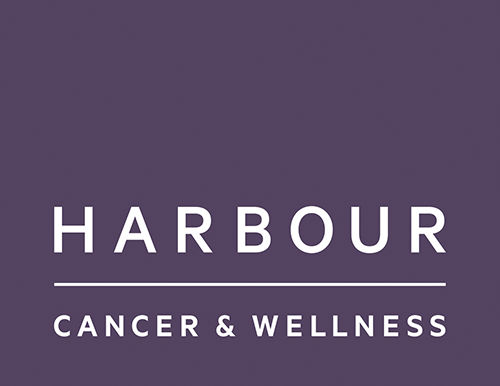What services does Harbour Cancer and Wellness offer?
We offer a wide range of services, including:
- Medical oncology
- Chemotherapy, radiation therapy, immunotherapy, targeted therapies, hormonal treatment, haematology services
- Pharmaceutical guidance
- Palliative care
- Genetic counselling
- Support services including physiotherapy, psychology, massage therapy, nutrition
How do I contact Harbour Cancer & Wellness?
Call 09 220 3333 or email us at reception@harbourcancer.co.nz.
Is Harbour Cancer & Wellness affiliated with any health insurance companies?
Yes, we are affiliated with Southern Cross Health Insurance.
How do I make an appointment?
To make an appointment with us, you will need a referral from your doctor. Once you have a referral, you can call us on 09 220 3333 to schedule an appointment.
What is the cost of treatment?
The cost of treatment varies depending on the type of treatment received and insurance coverage. Once a patient has had an initial appointment with one of our oncologists, we put together a treatment plan and associated cost estimate.
What are the types of cancer treated at Harbour Cancer & Wellness?
We treat a wide range of cancers, including:
- Breast cancer
- Genitourinary cancers (prostate, bladder, kidney and testicular)
- Gastrointestinal cancers (bowel, pancreas, liver, stomach and oesophagus)
- Gynaecological cancers (cervical, ovarian, uterus, vulval, vaginal)
- Brain tumours
- Lung cancer
- Skin cancer
- Blood cancer
- Sarcoma
- Cancers of unknown primary
How long does treatment at Harbour Cancer & Wellness typically last?
The length of treatment will vary depending on the type of cancer being treated, the stage of the cancer, and how well the patient responds to treatment. Some types of cancer can be treated with a short course of treatment, while others may require long-term treatment.
What is the difference between radiation therapy, medical oncology, and surgical oncology?
Radiation therapy uses high-energy rays to kill cancer cells. Medical oncology uses medications to treat cancer. Surgical oncology uses surgery to remove cancer cells and tumours. Depending on the type and stage of cancer, a patient's medical team may recommend a mix of these treatments.
What is palliative care?
Palliative care is a type of care that focuses on relieving the symptoms of cancer and improving the quality of life for people with cancer.
What are the side effects of cancer treatment?
The side effects of cancer treatment will vary depending on the type of treatment received. Some common side effects of cancer treatment include:
- Fatigue
- Hair loss
- Nausea
- Vomiting
- Diarrhoea
- Mouth sores
- Skin problems
Our Medical and Wellness teams support patients to minimise and manage side effects throughout the treatment process.
What can be done to manage the side effects of cancer treatment?
There are several things that can be done to manage the side effects of cancer treatment and potentially improve the effectiveness of the treatment, such as:
- Eating a healthy diet
- Getting regular exercise
- Getting enough rest
- Physiotherapy, acupuncture, and massage therapy
- Counselling and mindfulness practice
- Taking over-the-counter medications
- Talking to your doctor about prescription medications
How can I support someone who is being treated for cancer?
There are a few ways you can support someone who is being treated for cancer, such as:
- Offering practical help, such as cooking meals or running errands
- Providing emotional support, such as listening to them talk about their feelings or going to appointments with them
- Helping them to stay informed about their treatment options
- Respecting their decisions and choices



